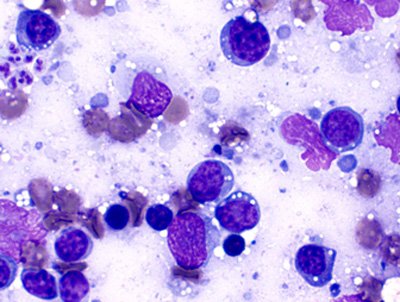Astellas and AIST enter Chagas’ disease collaboration
Posted: 1 April 2016 | Victoria White | No comments yet
Astellas and AIST aim to discover new drugs using genome editing technology and a high throughput activity assay for Trypanosoma cruzi…


Astellas has signed a new collaborative research agreement with the National Institute of Advanced Industrial Science and Technology (AIST) to discover anti-protozoan parasite drugs for the treatment of Chagas’ disease.
As part of the company’s ‘Access to Health’ initiative, Astellas has been collaborating with five research institutions in Japan as well as with an international non-profit organisation since 2012 to discover new drugs for the treatment of neglected tropical diseases caused by protozoan parasites belonging to trypanosomatidae (leishmaniasis, Chagas’ disease and African trypanosomiasis) that represent significant unmet medical needs.
The existing collaborative research was terminated at the end of the current agreements, as the collaborative research failed in identifying potential compounds with appropriate profiles for the development of anti-protozoan parasite drugs due to the lack of data on target genes critical for the survival of Trypanosoma cruzi. Collaborative drug discovery research on anti-dengue virus with two research institutions in Japan has also been terminated, as the research failed to identify promising compounds.
No specific drugs are available for Chagas’ disease
Under this new agreement, Astellas and AIST will conduct collaborative research to discover new drugs for the treatment of Chagas’ disease, using genome editing technology and a high throughput activity assay for Trypanosoma cruzi (the cause of the disease) that have been obtained through the existing collaborative research. As Chagas’ disease is one of the most prevalent neglected tropical diseases and no specific drugs are available for the disease, the discovery of new effective drugs will help to address a critical unmet need.
Astellas and AIST will work collaboratively to validate whether genes crucial for the survival of Trypanosoma cruzi can be pinpointed in a short period of time using gene editing technology. Astellas will mainly be responsible for selecting appropriate genes to be verified, and AIST will lead the gene editing process. After the validation in this collaborative research initiative, the formation of AIST-driven research consortium, in which multiple research institutions will participate to conduct extensive genome editing studies and pursue discovery of new drugs for the treatment of Chagas’ disease in a larger framework is planned. Astellas is undergoing a review process to further assess the possibility about joining the consortium.
Astellas has said it will continue to be committed to enhancing Access to Health through this new collaborative research for the discovery of new drugs for patients suffering from Chagas’ disease in the world.



